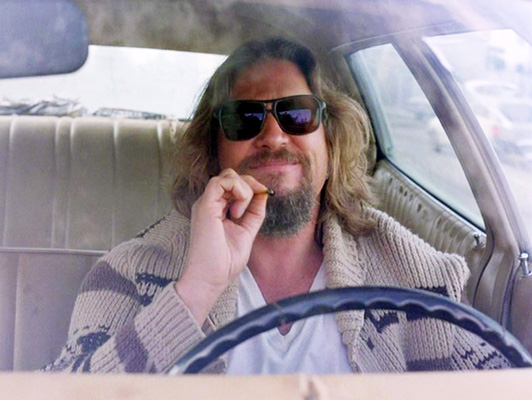“Can you describe for me a character-defining moment?”
Six years ago, a man asked this question in an interview. I was just a 17-year-old kid, and wasn’t quite sure how to answer it. At the time, I felt that I’d never made any big decisions that took exceptional moral character. I was a nice-enough guy with a good work-ethic, but I’d never faced any complex moral dilemmas, or difficult ethical situations that one reads about in books.
Keeping par for the course, I gave a BS answer and moved on. The question, however, lurked in the back of my mind for years. Do I have any character-defining moments? Today, I still can’t answer the question. Instead, I’ve written it off as a stupid question for the following reason:
With the possible exception of committing capital crimes, character cannot be defined by a moment. Character can only be defined by one’s habits.
Most of today’s moral and ethical education misses this point. Instead, it chooses to focus on how to arrive at an ethical decision. It examines thought experiments (like the trolley problem) and explores solutions to complex moral quandaries. The topics are endless: medical ethics, cyber ethics, the ethics of war, theories of justice, so on and so forth. Hell, my friend has a book about the ethics of The Big Lebowski (finally, a philosophy degree put to good use).

(The Big Lebowski, Ethan and Joel Cohen, Polygram Films International, Gramercy Pictures, 1998.)
Within these various topics, there are theories about how to arrive at ethical decisions. Kantian ethics looks at universal rules, and utilitarianism looks to quantify the good and evil (or pleasure and pain) of potential decisions. In the end, nobody agrees on much. This brings a question: how is a person supposed to define a moment of good moral character when the world’s best philosophers can’t decide on any ethical issue besides the fact that “Hitler was bad”?
I think that the answer lies in virtue. Aristotle is probably the greatest source on this topic, although some Catholic scholars would argue that Augustin or Aquinas earned that title. Oh well. They all agree that one’s character can be defined through their habits of virtue and vice. The virtues they seem to agree on are justice, courage, temperance, and practical wisdom. One’s character develops these virtues by thinking and acting accordingly, all-day-everyday, for life.
Those in utilitarian or Kantian camps often argue that Virtue Ethics cannot tell people how to act courageously or wisely. I’ve been told that that virtue merely tells us to be virtuous, that it can’t tell us how to act in a variety of situations. I think that this rebuttal is bullshit.
Do we really need 20,000 peer-reviewed journal articles to tell us that cheating and stealing are unjust, or that refusing to take responsibility for one’s actions is both unjust and cowardly? Does it really take a calculation of pleasure and pain to figure out that buying hookers and cocaine is neither wise nor temperate? When did ethics and character get so complicated?
Unfortunately, many scholars in the field of ethics would have you believe that it is complicated. However, the truth is that most of us will never face a complex moral dilemma that requires intense scrutiny. Seriously.
When was the last time you were faced with a lever that would kill 50 train passengers but save three kids stuck on the tracks? When was the last time someone put a gun to your head and forced you to choose between murdering either a child or his two parents? These scenarios do not happen every lifetime. A few people out of billions will ever face problems like these, but no amount of ethical education can tell you which decision is less evil. If you don’t believe me, try listening to a room full of utilitarian scholars debating a trolley problem. They will never reach a definitive answer, and your time would be better-spent bowling with Jeffrey Lebowski.
Instead of the complex ethical questions heard nowhere but philosophy class, our lives are largely made up of simple moral dilemmas:
“Should I speak up about my mistake, or let others suffer for it?”
“Should I lie about last quarter’s earnings, protecting our employees and shareholders, or should I tell the more difficult truth?”
“Should I fill out and file 50 pages of paperwork, facing the wrath of upper management, or can I sweep these HR complaints under the rug?”
“Should I get my work done tonight, or should I watch Dancing with the Stars?”
“Is it really necessary to have a beer at breakfast?”
I’ve been known to choose my vices with the last one. Nobody’s perfect, after all. The takeaway is that we don’t need a PHD to define and build good character. Good character comes from aggregating the small, simple-yet-difficult decisions one makes in life. These decisions make our habits, and these habits, not moments, define our character.
Thanks for reading. Now get off the toilet.